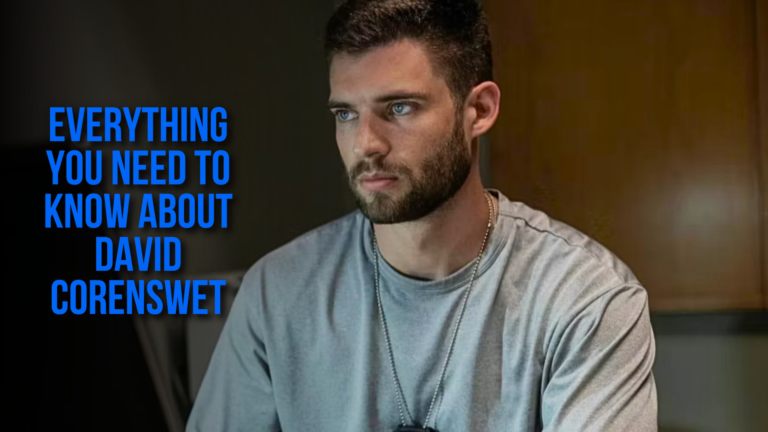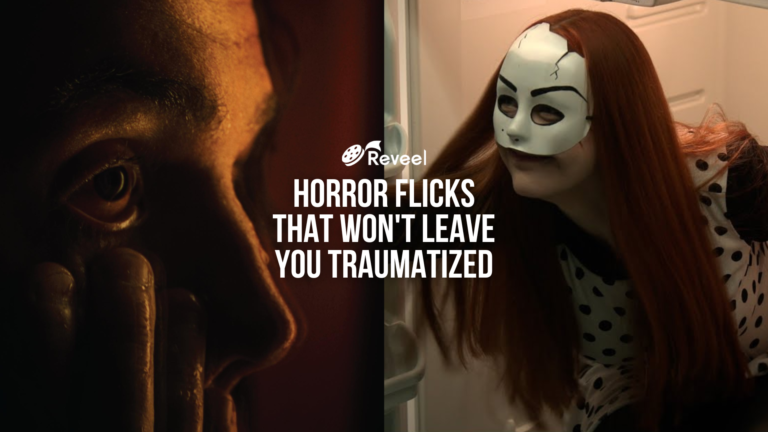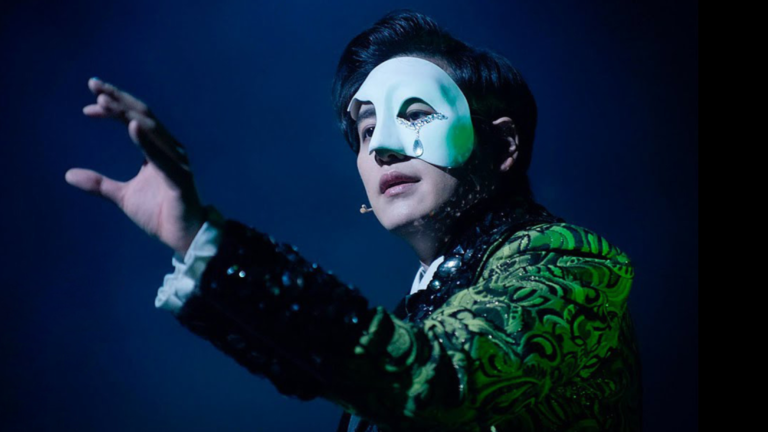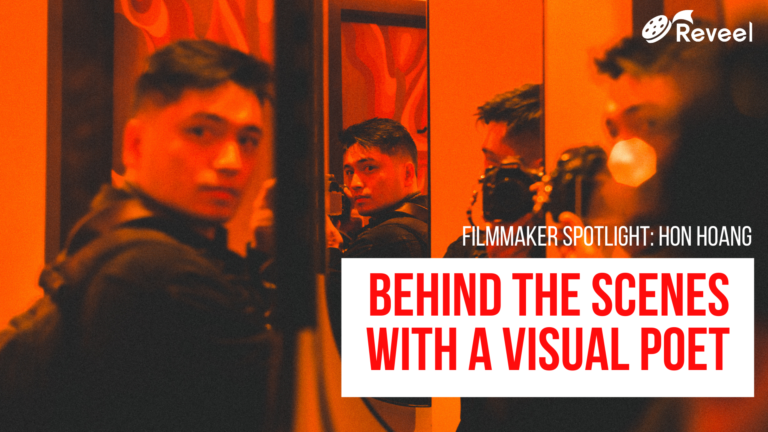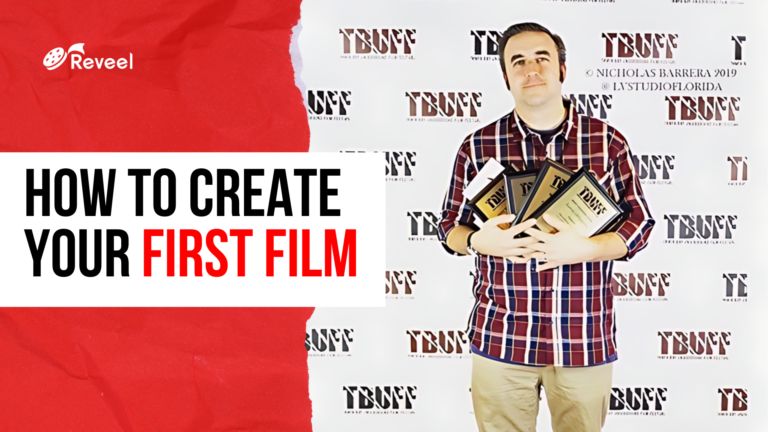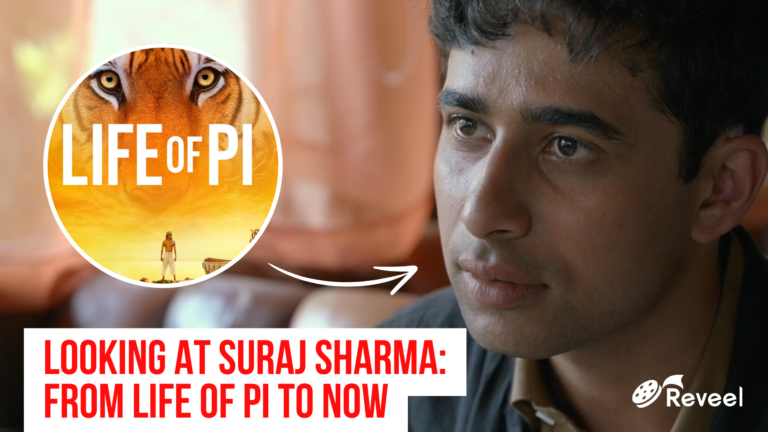The idea of artificial intelligence has inspired the creation of huge films like Ex Machina and Blade Runner. Director Mike Thompson takes a different approach to the sub-genre by using AI to focus on a specific circumstance that people from all over can relate to; would you use artificial intelligence to save a loved one? Blackbird is a short film is about a husband and wife who debate the idea of uploading her consciousness to an AI after she’s impaired in a severe car accident. From writing the script to editing the footage, we have interviewed director Mike Thompson to learn more about the filmmaking process on Blackbird.
The following interview has been edited for clarity and length.
1. In your own words, can you tell us what Blackbird is about?
Mike: The surface-level plot is about a husband and wife who get into a car accident in which the wife is severely injured, in a coma, and has to be kept alive by a machine. What we wanted to do is set up a world where these elements just exist instead of overexplaining with exposition. At some point the couple ran across a company, Sebastian Synthetics, that had a device that could transmit her consciousness into a tablet in the husband’s house. That big company reveals that they have a new feature where the husband can transfer his wife’s consciousness into an android model. The short film focuses on the heavy decision that has to be made by the husband and wife.
The second layer to it is more metaphorical for disease. The premise came because my wife got her second breast cancer scare. I was flying out to Sundance with a friend of mine when this news hit and ended up writing the first draft for Blackbird on the plane. I felt like this was a way of talking about the things you have to weigh when someone you love has cancer like is the cancer too far along to treat? Is chemo going to be worse on them than cancer? All of those emotions kinda hit me at once. I have always gravitated to movies where you can watch it for one thing or you can watch it for one thing and discover something else. I think the multiple layers within a film solidifies a connection with the audience.
2. How did you come up with the idea? Why did you feel that this story needed to be told?
Mike: The original idea started from a poem called 13 Ways of Looking at a Blackbird. I read it a long time ago and the language was super interesting to me because it was pretty in a strange way. It sounded like something a cult would chant. It’s pretty but ominous and it’s a really trippy thing. So a couple of years ago, I had this idea that if you could order an AI version of your significant other, you wouldn’t know all of the possibilities for manipulation there are. For example with AirPods, there is a unique signal that you have to connect to so that no one else can mess with it.
But all I had were vague ideas. It’s hard because there is a lot of sci-fi out there and people are more aware of those stories than they used to be. I think that the way you ground that genre is to make a story that applies to everybody. I had the idea for a couple of years but I didn’t have a story for it until my wife had her second breast cancer scare.
It’s a personal thing but I think movies are a place of solace for a lot of people. People feel a release if they can relate to the story. Even though the story is about a significant other, the story is really about loss in general. In a modest way, I felt it was important to tell this story because someone may be going through this and maybe they’ll find some sort of peace or closure by watching it. I think we did achieve that because we recently put the film out on online platforms like Reveel and we had people like grown men saying that they were balling their eyes out at the film.
I love science fiction and I love all that science fiction can be but I don’t like the borders that we’ve put around it in mainstream films. I love the idea of bringing back the sci-fis of the 20th century.
3. Most short film budgets are relatively small. What was your experience shooting a sci-fi film on a presumably low budget?
Mike: I’m always transparent about our budget because I like to let people know that if you have the right community, then people will help you. Blackbird was made for $750. My friend and I had started a content agency so we had DSLRs and we had a crew that was gung-ho to make it as long as we could cover their materials and crafty. The box itself that the AI comes in was the most expensive thing because of lumber and stuff. It was interesting to make science fiction on a low budget because now, whether people want to admit it or not, we have science fiction all around us. So when you go looking at props, you realize that there is no way to change them to be more futuristic. I had the iPad and we put a green screen on it. You can find stuff that looks futuristic pretty easily. However, at the same time, it was my first time working with a lot of VFX.
When you’re on set it’s easy because you just have a green screen and have someone reading lines. The struggle came in post-production for me because I had to edit and you watch it and… it’s just a guy talking to a tablet. I didn’t have the luxury of pre-visualization so I just thought this isn’t working. Luckily, a VFX artist from a previous music video I worked on came in and finished the VFX. It was really eye-opening to see how much you have to trust what’s in your head. It’s really not debatable. You have to be able to see that all of the shots and everything will cut together. So it’s kind of a dual answer. It was super easy on set but super hard in post!
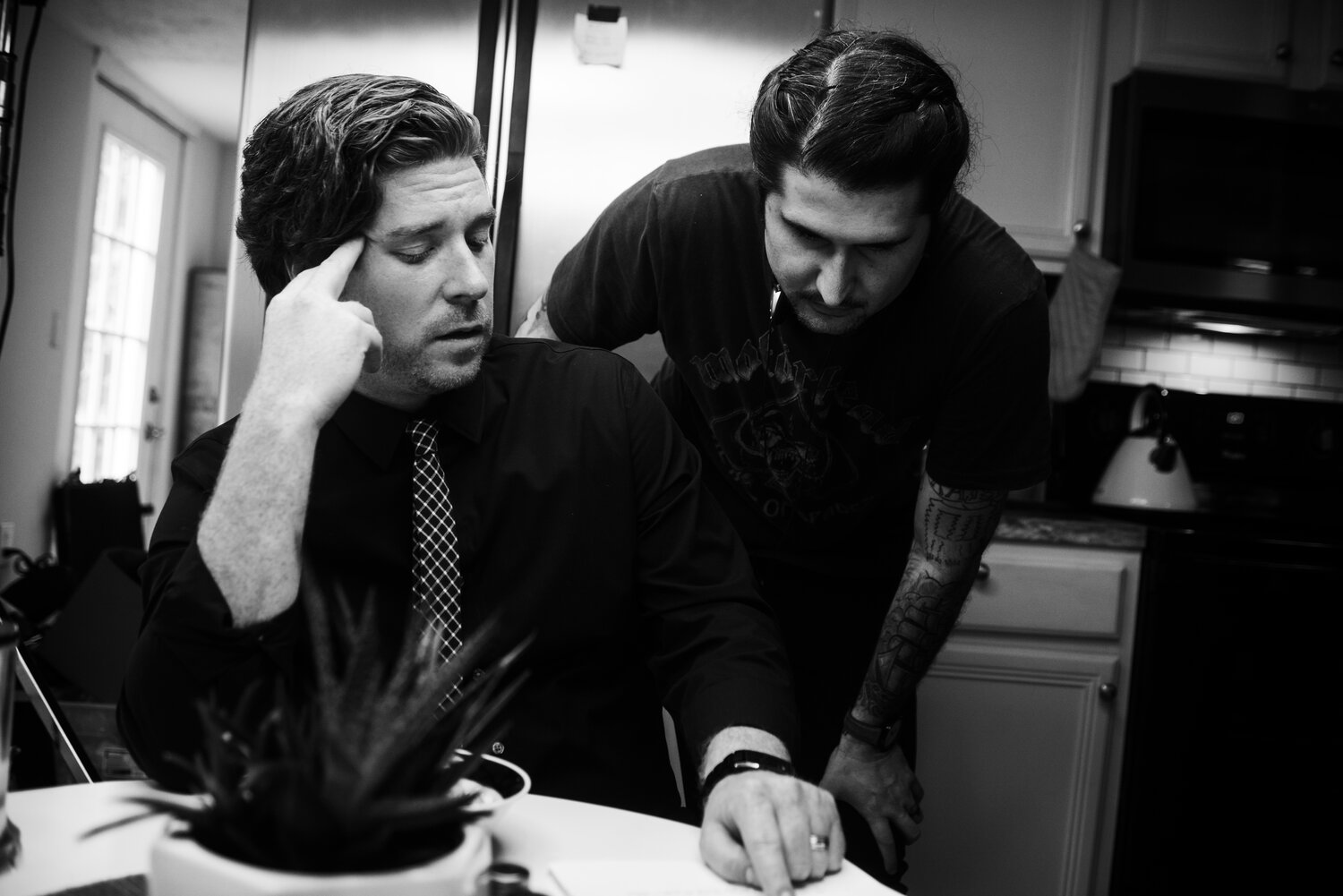
Chris Petty (Left) and Mike Thompson (Right) on the set of Blackbird
4. What were you looking for when casting the main actors? Did you use any techniques to pull out their amazing performances?
Mike: So Chris Petty, the main actor, was actually the friend I was with on the plane to Sundance! So we were sitting in the airport and I was just ripping to him about the script. Sarah East and Chris were best buds and she was a very talented actress. Plus, I knew her. So I pitched to him about getting her involved as well.
So in a weird way, the roles were written for them but it was because I knew that they could do what was needed which is to sell that these are real people having a real conversation in a fantasy world. If you present audiences with people and places that they know, you get a relatability that is powerful. Sarah specifically had to play three different versions of herself. She had to play the human wife, a distorted view of the wife’s thoughts through the tablet, and then a person whose mind is inside of a similar-looking body.
Every actor is different. Sarah is always on and she’s able to conjure things up without going into a headspace but some people need to. In the final sequence, Chris had to get himself in that headspace. I gave him the space he needed as he gassed himself up. Then, what I did when we were shooting was do really long takes. I didn’t cut and allowed Chris to find that headspace so that he could react. The only other thing we did was when Chris was talking to the tablet, I didn’t have Sarah on set. I wanted him to respond unemotionally as if he were talking to a computer. So I read the lines in a monotone way to capture talking with a computer. In the final scene, when she comes in and tells him her ending monologue, I had Sarah in the room reading lines to get a more visceral response.
5. From screenwriting to editing, you wore many hats while creating Blackbird. What were some of the biggest obstacles in getting the short film made?
Mike: I think the biggest part was the low budget. We didn’t have a lot of money for locations, props, and other things. For the house in the movie, we talked to the owners of an Airbnb and we made a deal for me to take better pictures of their Airbnb if we can use the house and we got it for $100. Definitely talk to the owners of an Airbnb before using it for a film though!
So, locations were tough. I was also wearing the producer hat on top of directing, and the crew was very small. There were so many locations. There was a house, a hospital room, an office, a car wreck, etc. The hardest obstacle was thinking that I had to handle all of it myself. Eventually, we had an office for our company that looked like the rest of the film. Then, we got to the hospital room and asked if they had any rooms open that we could shoot in on certain days. The hospital was very receptive but at the last minute, they notified us that the rooms that were booked for us had to be used by patients. We shot what we could shoot that day and then took a month off because everyone was busy. When we finally reconvened, we were shooting a scene in our office and decided that the office could work for the hospital scene. We called in a bunch of favors. Asked friends for different things. We ended up lugging a hospital bed, machines, and other things into a conference room. The production designer, then, had to decorate the room and she went to town. That was a unique challenge because we had to really think outside of the box to make that scene work.
On set wasn’t hard because I got so lucky with my team and they had figured out a lot of things that weren’t even their responsibility. In the film, the tablet/monitor turns on its own when he’s walking through the kitchen. We couldn’t figure out how to do that even though it seems like there would be an easy solution. The gaffer, David Cecil, grabbed the plate out of the microwave and told us to put the tablet on it and it turned out exactly like we were imagining.
David was also instrumental in the car crash scene. We actually shot that car scene in a garage that we blacked out. He basically ran around like a mad scientist rigging lights up. He had lights to mimic moonlight and stands set up to simulate headlights going by. There were like three of us pushing on the car to bounce it and get that kind of movement. For the car wreck, he rigged up this incredible setup where he was holding two lights at headlight distance apart. He had someone rig the lights on a dimmer. We called action and David walked toward the car while the grip cranked the lights so that it looked like oncoming traffic. I’m not lying when I say when we finished that scene, I started crying on set because I was just blown away.
6. What drew you to the film industry and to specifically become a director?
Mike: Originally, going into the film industry was born out of a love for movies. Both my parents are pretty good movie buffs. I was around movies a lot as a kid. I grew up in Jackson, North Carolina and the reason that you don’t know about that city is that there is nothing to do there. I would just go to the movies all the time and I just thought that everyone loved movies like that. When I was 12 or 13, I started skateboarding and that was the only other thing that made me feel the same way as being in the movie theater. The funny thing is that I wasn’t really good at it and I’m still not but I liked the culture of it. I especially loved learning about the other cultures that are inadvertently a part of it.
Skateboarding is very much about documentation so you are filming tricks and taking photos. I got really into taking pictures which stayed with me for years. Eventually, I went to school for design and got a job as a designer at an agency. Once we started storyboarding commercials, all of the movie love and filming from my childhood resurfaced. I was getting frustrated with only editing and storyboarding and my creative director made a comment that if I went and directed some stuff, then maybe I could direct some of the projects. I took that advice literally and started reaching out to bands to make videos for them for free.
I was just shooting all of these music videos by myself and I was just learning constantly. The filmmaking idea wasn’t really there yet but as I read more scripts and studied them, I got more interested in screenwriting. I asked my friend, Thomas Johns, if he wanted to do a short film, and he was all for the idea. From that point on, I took every opportunity to learn as much as possible on any film project.
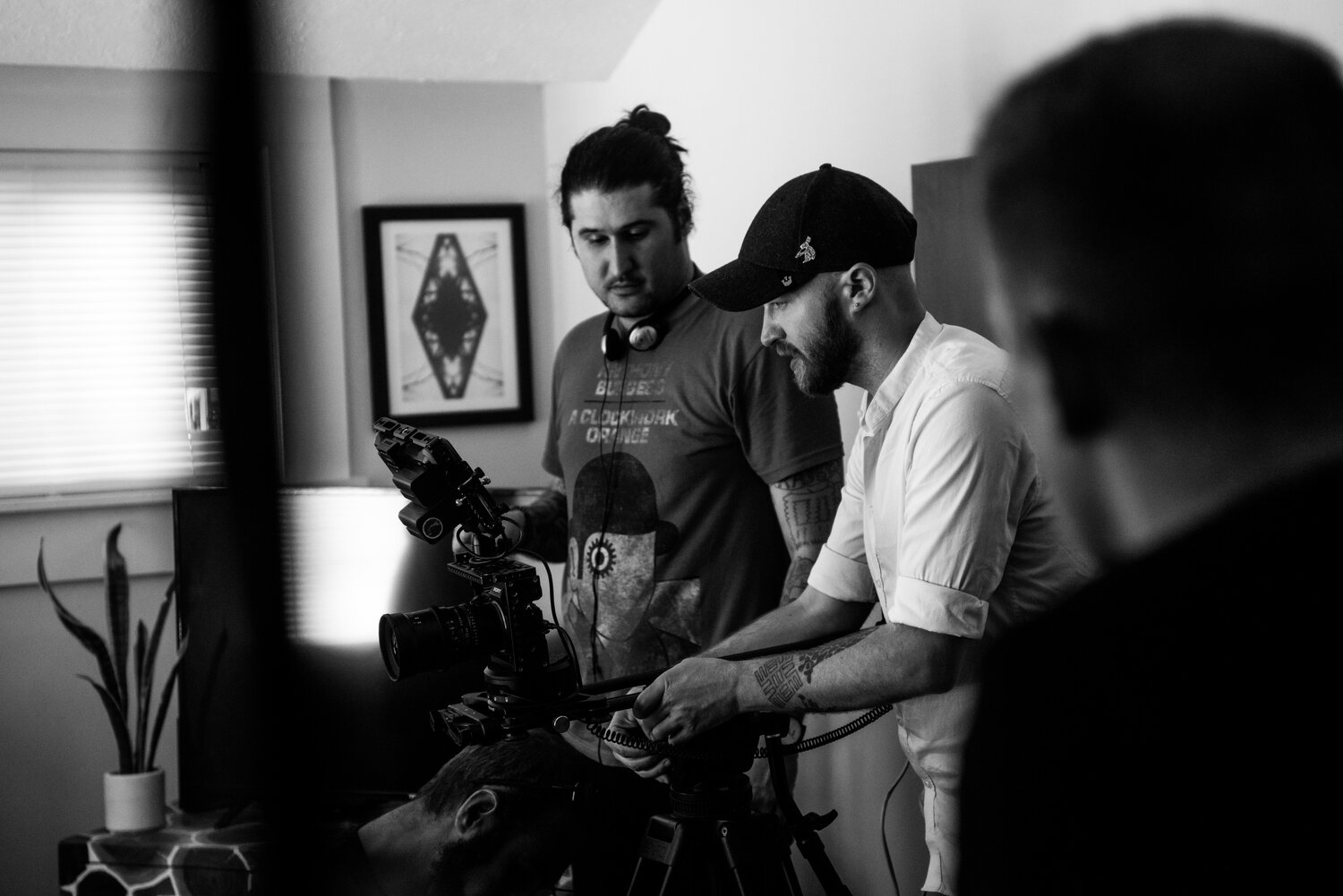
Mike Thompson and Thomas Johns on the set of Blackbird
7. Bringing a film to life takes a lot of hard work but also skill. What vital lessons have you learned that were instrumental in your journey as a director?
Mike: There are a couple. The first one is to trust your gut. Your own internal vision is very rarely wrong. It might need finessing or a slight overhaul but if you feel a type of way about something, you’re gonna be really bummed if you didn’t push for it. Before working with the DP that I work with now, I had worked with another DP. It was a weird arrangement because he had worked on bigger projects and had more experience which led to a lack of respect for our relationship since I came from photography. He wasn’t into the idea of taking direction from me and that made things very difficult. But, when I worked with Thomas Johns, the cinematographer I work with now, it was an instant connection.
Ron Howard has a great quote about directing, “You have to hear everybody in the room but listen to yourself.”
The second lesson is that when you finish a project and you love it, it’s very difficult when other people don’t. What you make is not going to be universally loved. That’s impossible. People will make comments and you need to have thick skin to look at those comments and laugh at them. If your cast and crew enjoyed working on it and they love the film, then obviously you did something right.
8. Short films have become very popular in recent years. Why do you think short films are important for filmmakers to create and why are they enjoyable for audiences to watch?
Mike: We can accredit the internet with short films being more widely shown. Before YouTube and Reveel, a short film was filmmakers teaching themselves how to make a movie. There are some really good ones from Ridley Scott and Martin Scorcese but they were used for film festivals or to get investors. The internet has so many platforms dedicated to showing short films. Short films are great because of the length. You can watch something that completely alters your perception of something in a short amount of time. There really isn’t a huge commitment for them. Today, the exposure is so much higher for filmmakers, and directors were going to make them anyway. It boosts your confidence and shorts display your capabilities as a filmmaker. So these are short films that would usually be shown in a special edition blu-ray or only seen by distributors but now, you can get the general public’s response to your short.
I like watching the modern era of A24 replicating the 70s. If you watch the progression of someone like Robert Eggers, his first movie had a budget of 4 million, then 11, then like 90. He had a solid path because he had a steady progression. I have the same mentality as short films. The progression aspect is huge when it comes to filmmaking.
Written and Directed by Mike Thompson, Blackbird is about a husband and wife that debate the idea of uploading her consciousness to an AI after she’s impaired in a severe car accident. Watch the sci-fi short film on Reveel!
All-Time Popular Blogs
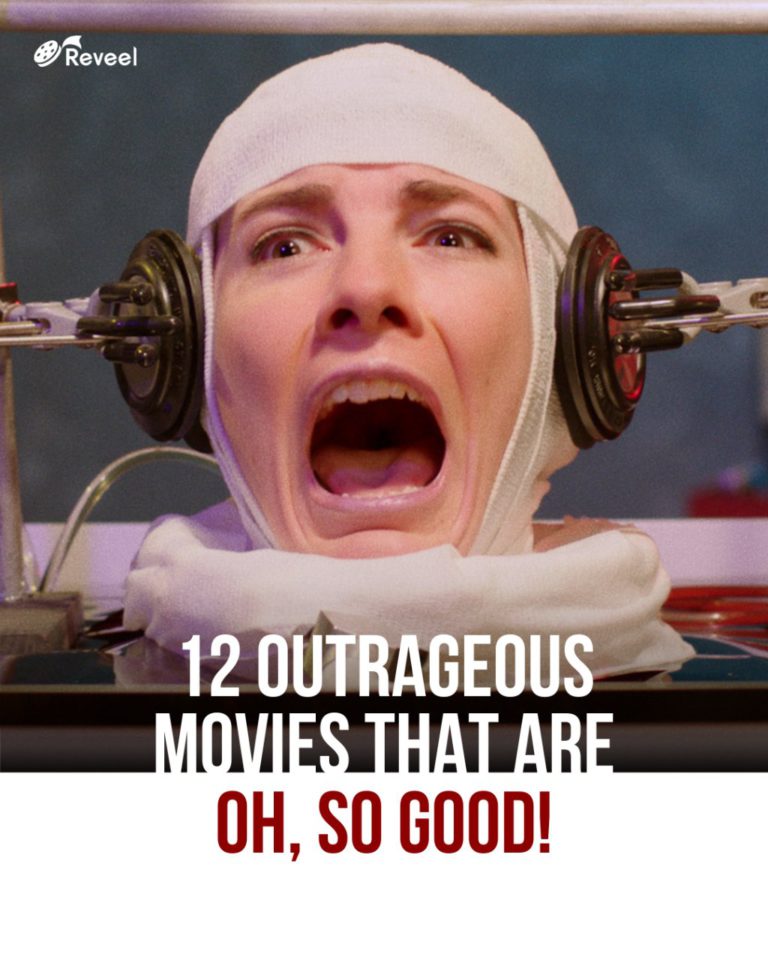
12 Horror Movies So Ridiculous – Ridiculously Good
We all know the allure of a good guilty pleasure flick — movies so ludicrous and outlandishly executed that we can’t help but be bowled over by the audacity. Welcome...
Read More
Best Free Filipino Movies You Can Watch Right Now
“There’s always a Filipino somewhere” is a well-known fact, and it’s true even in streaming platforms. Of course we have some right here in Reveel. From the adrenaline-infused streets of...
Read More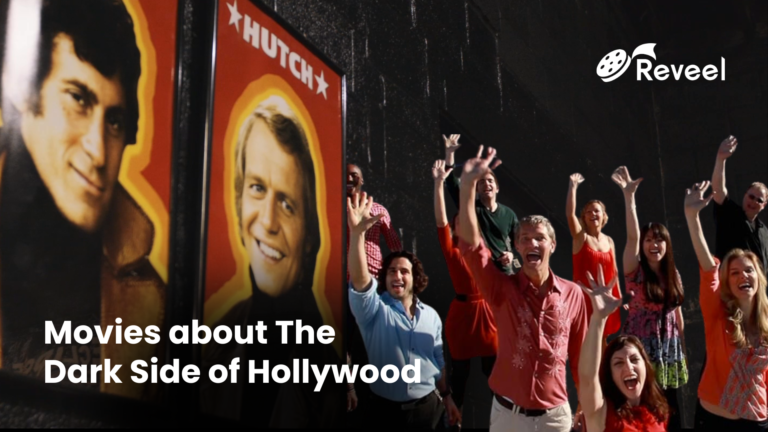
Movies about The Dark Side of Hollywood and Fame
The darker side of Hollywood—the side rife with scandal, exploitation, and the unyielding pressure to remain in vogue—is a tale as old as cinema itself. Yet, these stories never fail...
Read More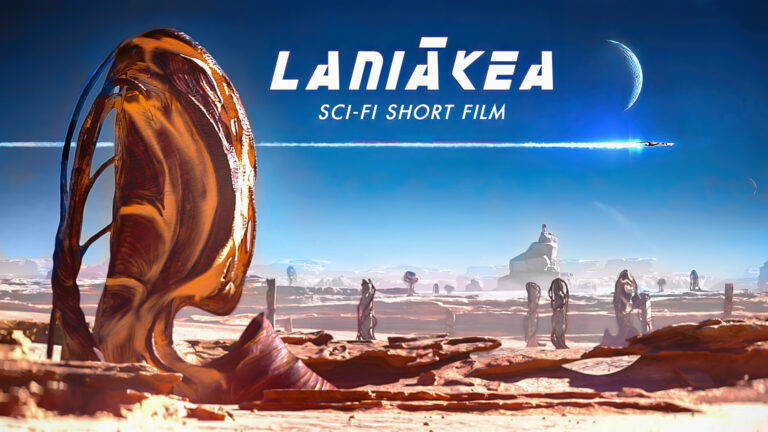
Reveel Interviews Dima Taran: The Filmmaker Behind The Animated Short ‘Laniakea’
What if we are alone in the universe? This question is at the core of the short film Laniakea. Originally created as a college project by Dima Taran, the film...
Read More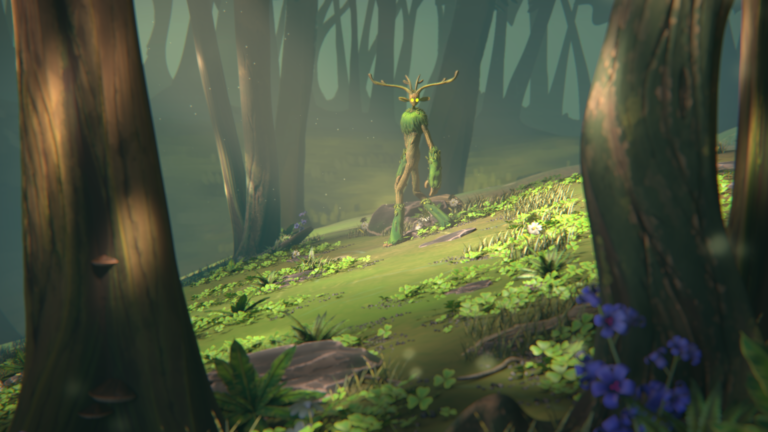
5 Best Animated Short Films To Watch For Free On Reveel
Sometimes the best stories aren’t the longest, they are the shortest. Short films have perfected the art of telling a captivating story in just a few minutes and animated shorts...
Read More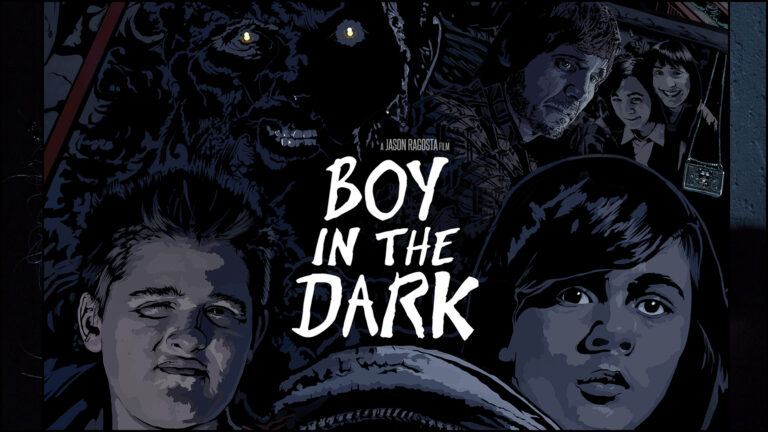
Reveel Interviews Jason Ragosta: The Filmmaker Behind The Short ‘Boy In The Dark’
Most, if not all, children had night terrors growing up. Some would hide under the covers. Others would yell for their parents. Kid-version Jason Ragosta, screenwriter and director, decided to...
Read More
